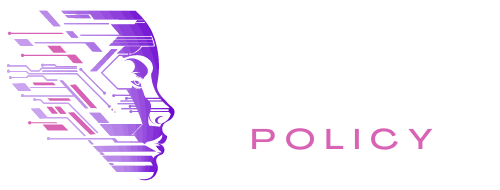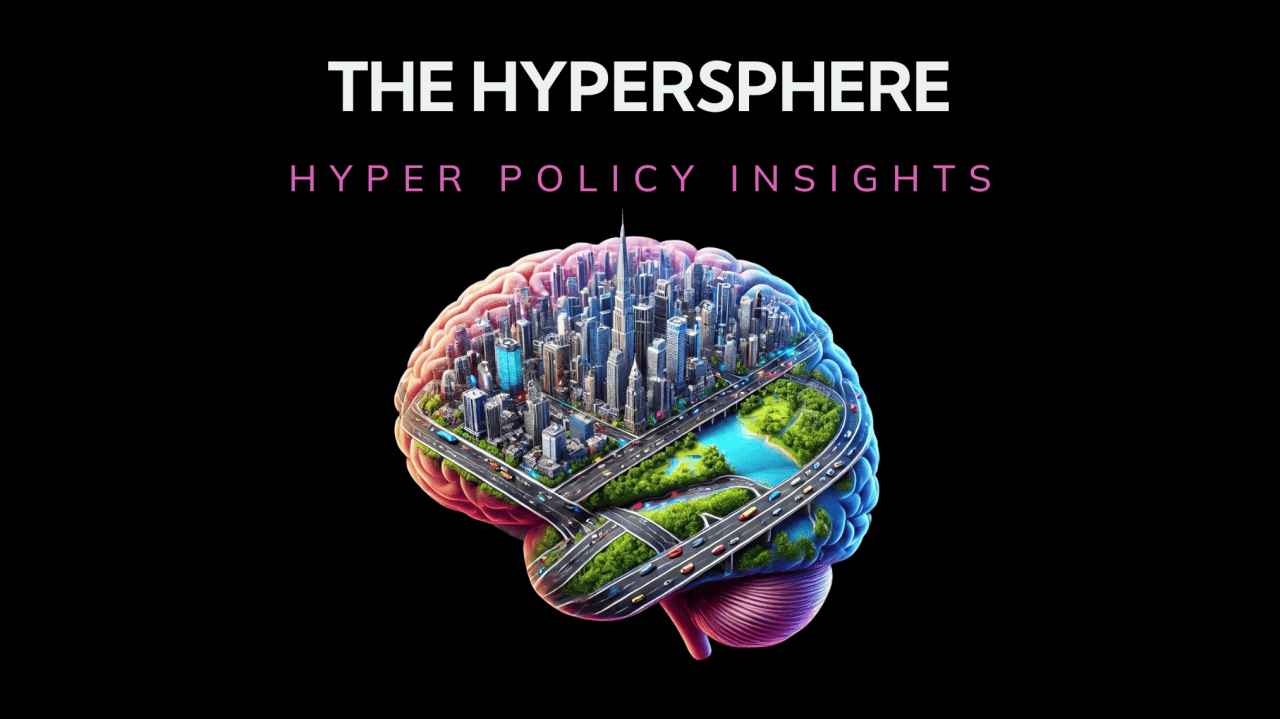Introduction
As the year 2025 approaches, the accelerated advancement of Artificial Intelligence without adequate regulationbecomes an increasingly pressing concern. Unregulated AI poses significant risks to individuals, societies, and global stability. The absence of appropriate oversight can lead to ethical violations, security threats, and the erosion of public trust in technology. Hyper Policy emphasizes the urgent need to address the implications of unregulated AI proactively, advocating for the establishment of governance frameworks that secure and establish responsible development and use of AI technologies.
Focus
The focus is on anticipating the potential consequences of unregulated AI in 2025 and identifying strategies to prevent adverse outcomes. This involves analyzing how unchecked AI development can impact various sectors, including privacy, employment, security, and social cohesion. Emphasis is placed on the importance of implementing regulationsthat are flexible yet robust, capable of adapting to technological advancements while providing clear guidelines for ethical and legal standards. By highlighting the areas most vulnerable to the effects of unregulated AI, those with interest can prioritize efforts to implement ethical protocols and promote responsible practices.
Concern
Several pressing concerns arise from the possibility of AI operating without sufficient regulation. One major issue is the potential for AI systems to infringe on individual privacy rights through mass data collection and surveillance without consent or transparency. Unregulated AI may also perpetuate and amplify biases present in training data, leading to discriminatory practices in areas such as hiring, lending, and law enforcement. The lack of oversight increases the risk of AI technologies being used maliciously, including in cyberattacks, misinformation campaigns, or the development of autonomous weapons, posing significant threats to national security and public safety. Additionally, the laser-fast automation of jobs without policies to manage workforce transitions can result in widespread unemployment and social unrest. The absence of ethical guidelines and accountability mechanisms may lead to AI applications that harm individuals or society, eroding public trust and potentially causing resistance to beneficial AI innovations.
Proposed Action
To address these concerns, it is imperative to develop up-to-date regulatory frameworks that govern AI developmentand deployment. Policymakers should engage with technologists, ethicists, industry leaders, and civil society to draft local and business regulations that balance innovation with the protection of public interests. Establishing ethical standards is prudent; clear guidelines must define acceptable uses of AI, emphasizing fairness, transparency, and accountability. These standards should address issues such as bias mitigation, data privacy, and informed consent. Everyone is susceptible to bias limitations and can be harmfully impacted, no matter the color, culture, or gender.
Implementing oversight mechanisms involves setting up independent bodies or ethical committees and alliancesresponsible for monitoring AI technologies, setting compliance standards, and responding to violations. Regular audits and assessments can secure adherence to established standards. Promoting international collaboration is essential to harmonize regulations and address cross-border challenges. International agreements can help prevent regulatory gaps that could be exploited and make sure that AI benefits are shared with safety and accessibility in mind.
Supporting public education and engagement increases awareness about AI technologies, their potential impacts, and individual rights. An informed populace can participate more effectively in discussions about AI governance and advocate for responsible practices. Encouraging responsible innovation through incentives for organizations that prioritize ethical AI development can motivate the societal systems to adopt best practices voluntarily.
By taking these proactive steps, societies can mitigate the risks associated with unregulated AI and nurture an environment where technological advancement occurs within a framework that safeguards human rights and societal well-being.
The HyperSphere: HyperPolicy Insights is a series of focused, concise analyses on the latest advancements, ethical challenges, and policy developments surrounding emerging technologies, artificial intelligence (AI), the Metaverse, and responsible innovation. It aims to provide thought leadership and actionable insights to guide the ethical use of technology in an increasingly accelerated and complex landscape.

